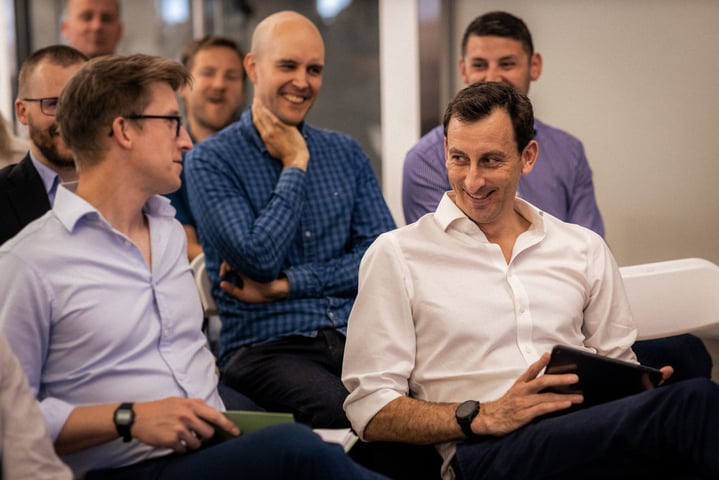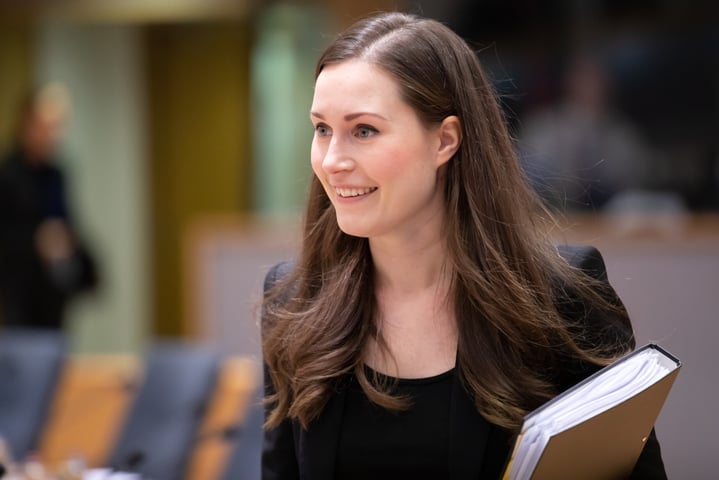I was recently part of a diversity conversation, and the issue of age was brushed off as too complex to be part of the discussion. I agree that age (and ageism) at work is a complex subject, and this is not only a diversity issue but an occupational health and wellbeing issue too. Despite its challenges, I don’t think we can shy away from talking about age at work. Here it is why, as a leader, age (ageing and ageism) should be a part of your diversity conversations:
‘age appropriate’
A recent United Nations report on ageism highlights that many people still find it acceptable to stereotype others according to age. This is embedded in the language we use, ‘funny’ birthday cards, and how we judge what is ‘age appropriate’ not only for others but for ourselves too. Needless to say, when we refer to older people at work, the stereotypes are often negative. Still, with a bit of luck, exercise and nutrition, we will all get older. This is good news and the fact that we are living longer and potentially healthier is a triumph.
When we consider this and the decreasing birth rates (globally) it is not hard to see that we will need workers of all ages to keep the economy healthy. Therefore, the workforce is more age-diverse than ever before and for that reason, the stereotypes around age must be challenged. This applies to stereotypes about older workers (and younger too – although my research expertise is on middle-aged and older workers, and here I will focus on them).
Flexible work arrangements
According to Statista (2021), last year people aged 55 years made the largest age group in the UK. Meaning that no other age group is as large, hence failing to retain older workers will inevitably increase the risk of labour shortages. Many industries are already faced with staff shortages. Going forward, organisations will be fighting for a limited pool of talent, including those people of more advanced age. Therefore, looking after your staff, encouraging reskilling, upskilling, as well as championing good health and well-being is essential to secure a productive workforce.
As a manager and a leader, the idea someone may be ‘too old for…’ or making assumptions about what people want as they age should be challenged so we can start relating to people as individuals, not as stereotypes. Unlike media representations of older workers (aged 50+), this group is far from homogenous. Largely, this is because people age differently and their preferences, life priorities, needs and circumstances are highly individualised – so as a group it is difficult to come up with a one size fits all approach.
Work arrangements must become more flexible to accommodate different workers (people of all ages can benefit from a greater choice of work arrangements). Work environments should encourage people of all ages to continue learning, growing and enjoying fulfilling work. It must encourage multigenerational collaboration and belonging. Inevitably, this will foster a healthier environment where productivity is a natural outcome. So, instead of playing down ageism and ageing at work, let’s face the issue with an open mind. Not only for the sake of the economy, labour supply, but also for the sake of our own career as we get older.







